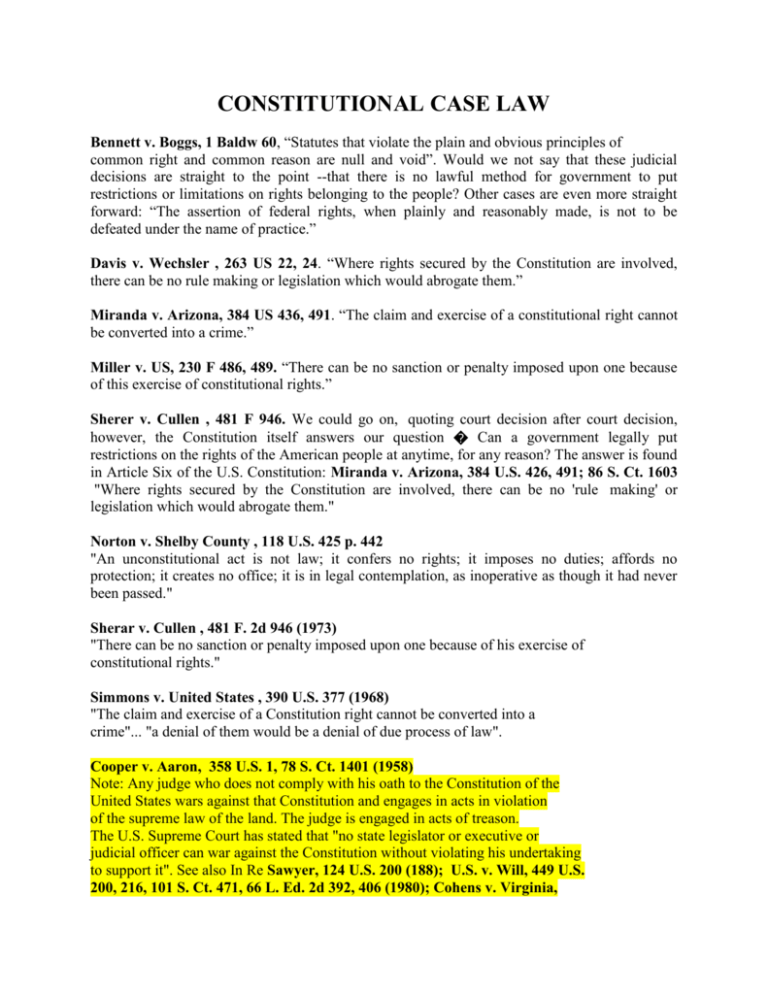Competition Bureau's Constitutional Case Against Google: Key Details

Table of Contents
The Allegations Against Google
The Competition Bureau alleges Google engaged in several anti-competitive behaviors, leveraging its significant market dominance to stifle competition and harm consumers. These actions constitute what the Bureau argues is an abuse of monopoly power, impacting fair competition in the Canadian digital market. Google's business practices are at the heart of this legal challenge. The specific allegations include:
- Abuse of dominance in online search: The Bureau contends Google uses its dominant position in online search to unfairly promote its own services, disadvantaging competitors and manipulating search results to favor its products. This alleged anti-competitive behavior limits consumer choice and innovation.
- Anti-competitive practices related to Android OS: The Bureau alleges Google uses its control over the Android operating system to pre-install its apps and services, giving them an unfair advantage over rivals and hindering the ability of competing app developers to reach consumers. This creates barriers to entry for new players.
- Unfair advantages granted to Google services: The Bureau claims Google leverages its vast data resources and integrated services to create unfair advantages for its own products across various markets, from search and advertising to mobile operating systems and online mapping. This constitutes, according to the Bureau, the manipulation of market power.
These alleged practices, the Bureau argues, directly harm consumers by limiting choice, stifling innovation, and potentially inflating prices. Competitors are also harmed by the inability to compete fairly in a market dominated by Google's alleged anti-competitive behavior.
The Constitutional Arguments at Play
The Competition Bureau's case is not solely based on competition law; it incorporates significant constitutional arguments. This legal battle rests on fundamental principles of Canadian constitutional law, specifically focusing on the protection of fair competition and the broader application of Charter rights. The Bureau argues that Google's alleged actions violate the spirit and intent of ensuring a fair marketplace, which in turn is a cornerstone of a functioning democracy.
Key constitutional aspects debated in the case include:
- The right to fair competition: The Bureau argues that Google's actions undermine the fundamental right of businesses to compete fairly, hindering economic opportunity and innovation.
- Protection against abuse of power: The case centers on whether Google's market dominance constitutes an abuse of power that requires intervention to maintain a level playing field.
- Impact on consumer choice: The Bureau highlights the negative impact of Google’s alleged actions on consumer choice and the potential for higher prices and reduced innovation due to limited competition.
Google's counterarguments are likely to center on defending its business practices as legitimate competition and arguing that the Bureau's case misinterprets constitutional principles and relevant legal precedents. The outcome will hinge on the court's interpretation of constitutional law as it applies to the digital economy.
Potential Outcomes and Implications
The potential outcomes of the Competition Bureau's case against Google range widely. These range from significant financial penalties to structural remedies that could drastically alter Google's business practices. The potential consequences for the Canadian digital marketplace are substantial:
- Significant fines imposed on Google: Depending on the court's findings, Google could face substantial financial penalties for its alleged anti-competitive behavior.
- Mandated changes to Google's algorithms: The court might mandate changes to Google's search algorithms and other business practices to ensure fairer competition.
- Increased regulatory oversight of tech companies: The case could set a precedent for increased regulatory scrutiny of other large tech companies operating in Canada.
These outcomes would impact not only Google but the entire Canadian digital landscape, influencing consumer experiences, business strategies, and the pace of innovation. The case's broader implications extend to competition law and regulation globally, setting a potential precedent for other jurisdictions grappling with the complexities of regulating powerful tech giants.
Similar Cases and International Context
The Competition Bureau's case against Google isn't happening in a vacuum. Similar legal battles against Google are playing out in jurisdictions across the globe. This international context provides valuable precedents and insights. Understanding international antitrust law and global competition practices is vital in analyzing the implications of the Canadian case. Relevant international cases and regulatory changes add complexity and layers of interpretation to the situation. Key comparisons include:
- European Union antitrust cases: The EU has already imposed significant fines on Google for anti-competitive practices, setting a potential precedent for the Canadian case.
- United States antitrust investigations: Similar investigations are underway in the US, further highlighting the global nature of the concerns regarding Google's market dominance.
These international parallels emphasize the global implications of the case and its potential influence on the international regulatory landscape governing technology companies.
Competition Bureau's Constitutional Case Against Google: Key Takeaways and Call to Action
The Competition Bureau's constitutional case against Google represents a critical juncture in the ongoing debate over regulating powerful tech companies. The allegations of anti-competitive behavior, the constitutional arguments raised, and the potential implications for the Canadian and global digital economies make this a case of paramount importance. The potential outcomes could significantly reshape the digital marketplace, impacting consumers, businesses, and the future of innovation.
Stay informed about the progress of the Competition Bureau's Constitutional Case Against Google and its implications for the future of competition in the digital age. Follow reputable news sources and legal updates to track the evolution of this landmark case. Understanding this case is crucial for anyone invested in the future of the digital economy.

Featured Posts
-
 Alcaraz Triumphs In Montecarlo Final Despite Musettis Injury
May 30, 2025
Alcaraz Triumphs In Montecarlo Final Despite Musettis Injury
May 30, 2025 -
 El Legado Del Ex Numero 3 Una Frase Para La Historia De Marcelo Rios
May 30, 2025
El Legado Del Ex Numero 3 Una Frase Para La Historia De Marcelo Rios
May 30, 2025 -
 Oasis Concert Tickets Investigating Ticketmasters Compliance With Consumer Protection
May 30, 2025
Oasis Concert Tickets Investigating Ticketmasters Compliance With Consumer Protection
May 30, 2025 -
 Djokovics Union Files Lawsuit Against Tennis Authorities
May 30, 2025
Djokovics Union Files Lawsuit Against Tennis Authorities
May 30, 2025 -
 Ufc Heavyweights Displeasure With The Jon Jones Controversy
May 30, 2025
Ufc Heavyweights Displeasure With The Jon Jones Controversy
May 30, 2025
